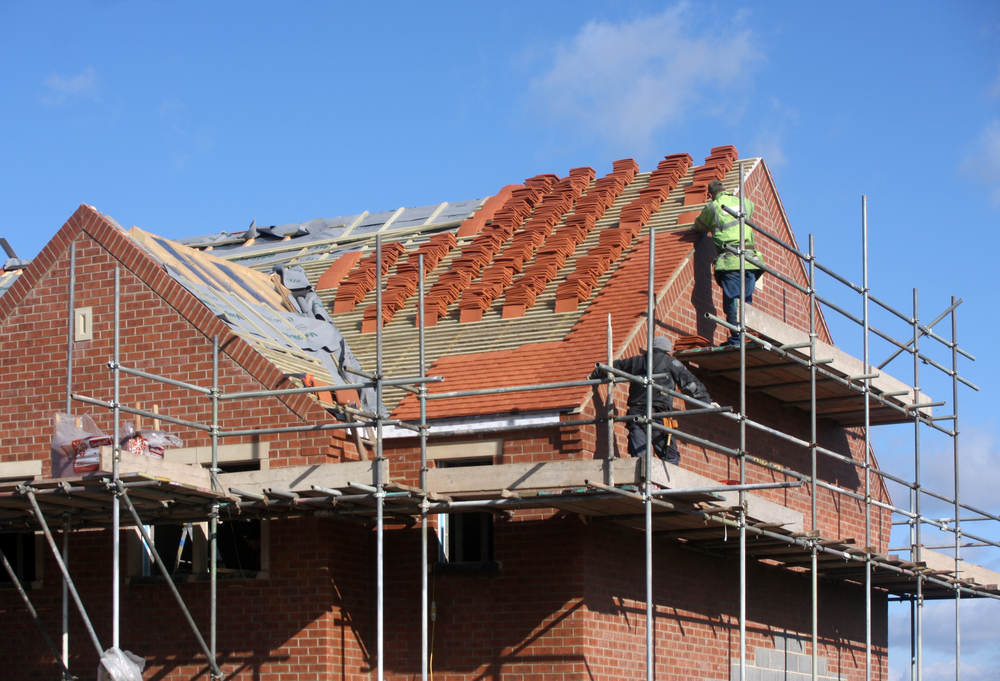

A cooling housing market may lead to a fall in the number of the country’s 1.4 million construction workers for the first time in almost a decade, says RIFT Tax Refunds.

New UK housebuilding is 2.6% down compared to pre-pandemic levels, which could spur the first fall of workers in the sector since 2014, the tax specialist points out.
Its survey says that so far this year buyers have purchased just 43% of available stock on the market, down from 60% in 2022 and 63% in 2021. Mortgage approvals have fallen by 20% between 2021 and 2022.
Last week, the volume of monthly construction output fell by 1.7% in January, reported the Office for National Statistics, the weakest level since last June.
The report by the tax firm says this is partly due to the continuing effect of former Chancellor Kwasi Kwarteng’s September tax-cutting mini-Budget.
It adds: “The number of higher loan-to-value products available to buyers was dramatically reduced.
“Available mortgage products with an LTV of 85% or higher account for just 15% of all products currently available, meaning that buyers are having to stump up considerably higher deposits.”
These combined factors have seen house prices start to fall in recent months, the study says, with Nationwide’s House Price Index showing that prices have fallen on a month-on-month basis every month since September of last year.
The report adds: “A lack of appetite among buyers is sure to deter developers from bringing stock to market at a time when their profit margins are likely to take a hit.
“The knock-on effect of subdued housebuilder activity is, of course, fewer homes under construction and, therefore, less demand for those working within the construction industry.”
The current number of UK builders is the highest total since the millennium, the survey points out.
But it adds that although this level of employment has grown consistently since 2015, its pace has slowed, and in 2021 worker levels were flat compared to the previous year.
“With the wider housing market now also on the turn, it is likely that the number of those within the construction sector could be set to fall for the first time since 2014,” adds the report.
RIFT Tax Refunds chief executive Bradley Post says: “With many indicators suggesting that the UK housing market is now starting to cool, we expect the nation’s big housebuilders to tread with more caution over the coming year and this will inevitably mean less demand for those working within the construction sector leading to a reduction in employment levels.
“While it is certainly not a long-term fix, those anticipating a reduction in work are advised to check they have been rightfully paid what they are owed, especially when it comes to the tax refund owed by HMRC for additional costs such as travel between sites, as well as food and board when doing so.
“Construction is one of the primary sectors that is often short-changed in that respect and those who haven’t claimed previously are able to backtrack these expenses over a four-year period.”
The current Chancellor, Jeremy Hunt, presents his first full Budget later this afternoon.